The speedy, more reliable solid-state drives are no longer an option when selecting among the three bays in the Xserve hardware. Customers can still chose between a 160GB 7200rpm serial ATA hard drive, or 1TB and 2TB options that cost $200 and $450 more, respectively.
One AppleInsider reader noted that the SSD option was apparently available last week, but sales representatives in Apple's business sales department cannot explain the disappearance of the drive. Apple's promotional material on the official Xserve site still mentions a "solid-state drive option."
"Add the 128GB solid-state drive to your Xserve for an ultrafast boot drive that doesn't take up a drive bay," the site reads. "The solid-state drive uses less than 1 watt of power — compared to 12-18 watts for a typical spinning disc — and provides up to 20x faster random-access seek time than a 15,000-rpm SAS drive."
Apple announced in early November that it would no longer sell the Xserve after Jan. 31, 2011. New orders of the rackmounted server will still be covered under the company's standard warranty.
Apple has recommended that customers move on to the Mac Pro with Snow Leopard Server, or Mac mini with Snow Leopard Server. However, some enterprise customers have expressed frustration over Apple's decision to discontinue the systems.
An e-mail claimed to have been sent by Apple Chief Executive Steve Jobs said that "hardly anyone" was buying the Xserve. And researchers at IDC have estimated that Apple's share of the total server market is less than 4 percent.
 AppleInsider Staff
AppleInsider Staff
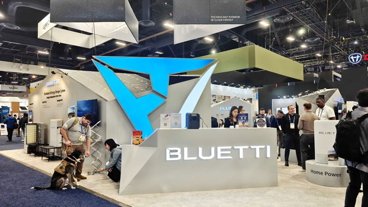
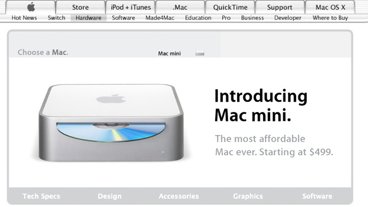


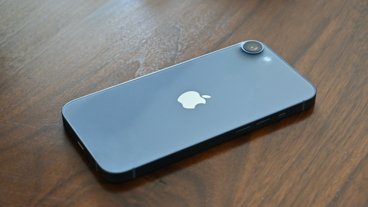
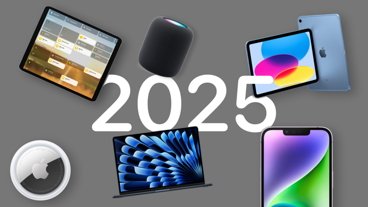
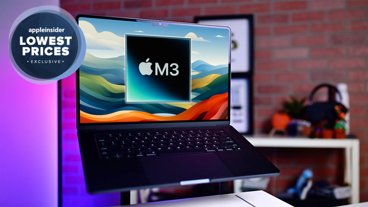
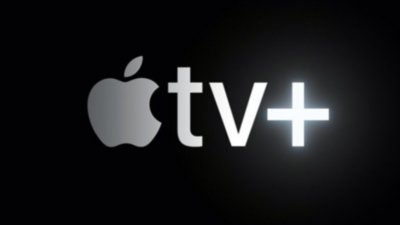
 Malcolm Owen
Malcolm Owen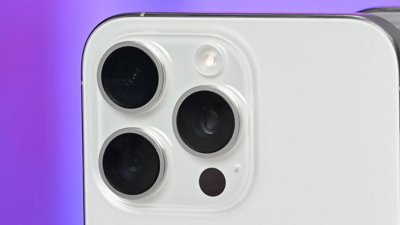
 William Gallagher
William Gallagher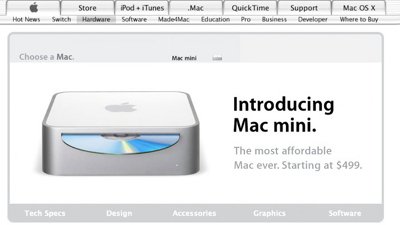

 Chip Loder
Chip Loder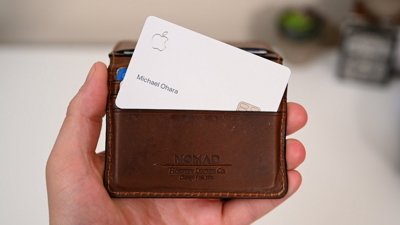
 Marko Zivkovic
Marko Zivkovic
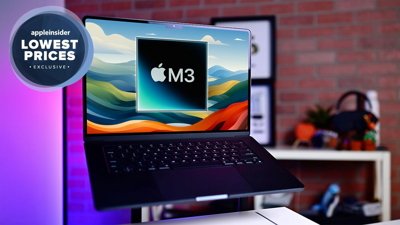
 Christine McKee
Christine McKee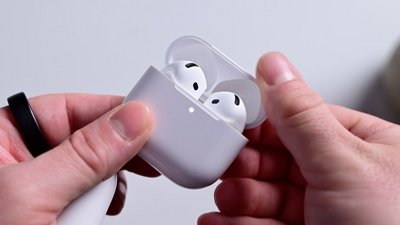
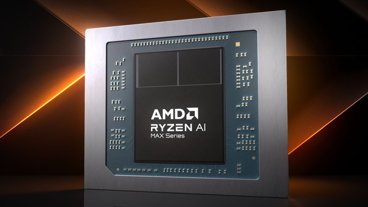
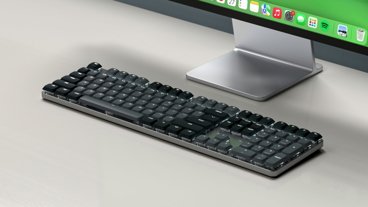
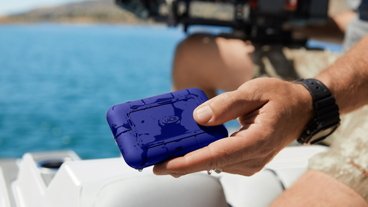







10 Comments
you have to be very brave to put SSD's into a server since they tend to degrade over time. at least for the OS drives
you have to be very brave to put SSD's into a server since they tend to degrade over time. at least for the OS drives
That is complete hogwash.
If you are talking about the problems associated with the lack of TRIM support, there are several measures to mitigate this, including: overprovisioning, background garbage collection, choice of file system. Furthermore, there is a minimum level of performance that can be guaranteed from an SSD and the good ones are still at least dozens of times faster than traditional platter based drives even when in this worst-case state.
If you are talking about the limited-lifetime reliability of Flash Storage. Even modern day MLC drives (ie. not the stuff used in servers, which is rated for an order of magnitude better lifetime) last 10 years when written to in a worse-case secenario 24/7 as fast as possible. This is even better than plain old disk platters.
The only barrier as it stands to flash storage completely taking over platter based storage is cost. We are still sitting somewhere around $2/GB for consumer level drives while platter based disks are often $0.05 - $0.10/GB.
you have to be very brave to put SSD's into a server since they tend to degrade over time. at least for the OS drives
Last time I checked, hard drives degrade over time too. I'll take the speed and reliability of a server-grade SSD drive any day over a standard hard drive.
I don't think I've ever used a hard drive that was 10 years old, so that is moot.
I have to wonder if Apple thinks it's more profitable to use those flash chips for consumer devices like MacBooks and MacBook pros. Since the Xserve is going away anyway, it could help buffer their supply.
Mac Pro is next.